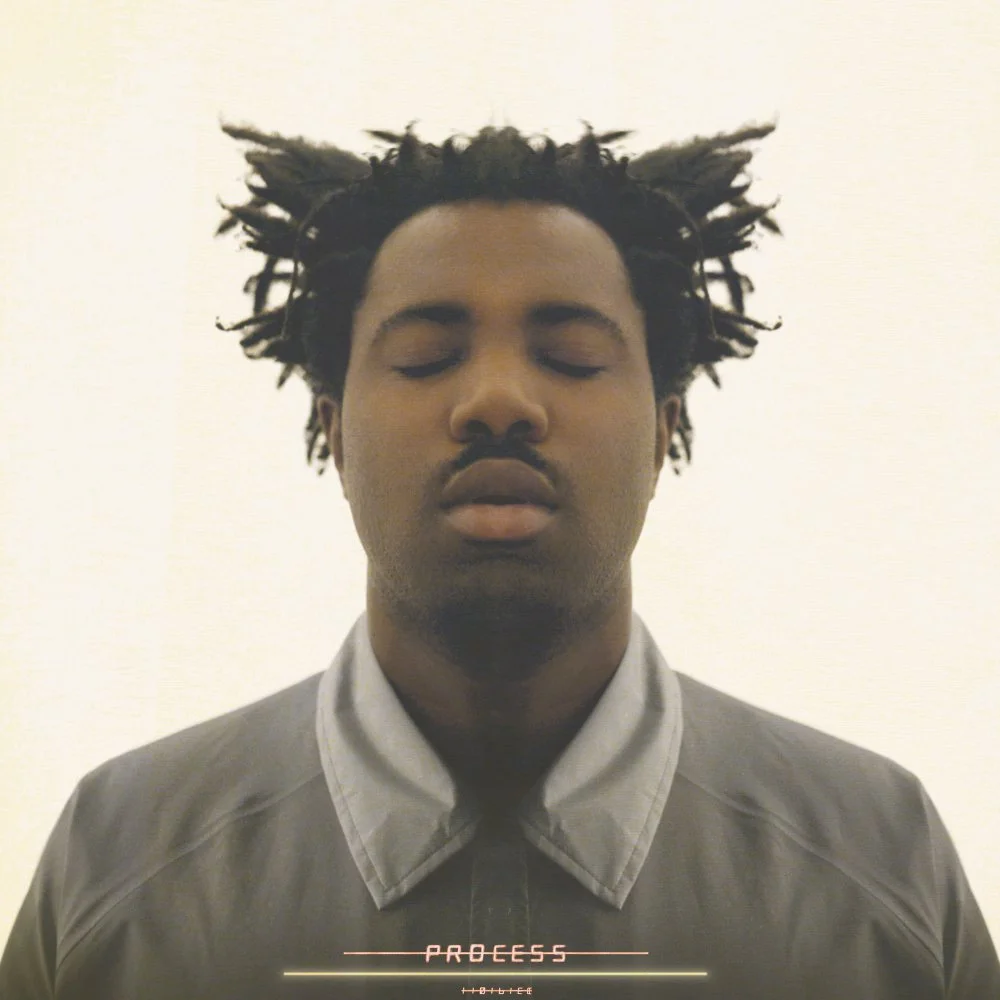While the discussion of musical merit with regard to Thundercat’s newest LP, Drunk, will almost certainly remain indeterminate (but skewing positive), one thing is certain – Drunk has the best artwork of 2017 by far and away. Totally devoid of context, Stephen Bruner’s head is visibly breaching or submerging with eyebrow cocked.
The cover’s uniform absurdity might confuse those unfamiliar with Thundercat’s oeuvre to date, but for those “in the know” when it comes to Stephen Bruner’s sensibilities, they’ll assure any doubters the cover encapsulates the entirety of Thundercat’s sensibilities masterfully. That being said, so does the music.
Being Flying Lotus, OFWGKTA (R.I.P), Kamasi Washington adjacent, Thundercat has been seemingly omnipresent amongst hip-hop’s best and brightest, all the while maintaining relative anonymity. Over the years, Thundercat forged creative partnerships with Kendrick Lamar and the aforementioned Washington, simultaneously expanding his solo repertoire to boot.
Lo and behold, Thundercat drops an album like Drunk, a 23-track powerhouse showcasing the furthest bounds of Stephen Bruner’s musical eccentricities. Running the gamut of music from yacht rock (Michael McDonald and Kenny Loggins feature on “Friend Zone”) to the now two-year old Thundercat standard, “Them Changes,” Drunk solidifies Thundercat’s borderline satirist necessity in this new era of hip-hop.
If Kendrick is new-age hip-hop’s conscientious objector, Chance its purveyor of joy, Childish Gambino its Renaissance man, and Drake its stalwart of popcaan (that’s a joke), then Thundercat is the court jester. Point and case – the first full-length track on Drunk, “Captain Stupido.”
Yet another Thundercat/Flying Lotus collaboration, “Captain Stupido” is the perfect convergence of Flying Lotus’ brash g-funk production style and Thundercat’s… let’s just call it “inspired” lyrical proclivity. Opening with the line “I feel weird (comb your beard, brush your teeth) / Still feel weird (beat your meat, go to sleep),” the track dives right into the playful juxtaposition Bruner forces upon the tight production for a song about an ill-fated night at the club. It has the tenants of hip-hop, all the while laughing in the face of the conformity of such an “unabashed” genre.
Seeing as Drunk is in fact a 23-track voyage of space funk, trip-hop, g-funk, and every other brand new iteration of the new-age hip-hop family tree, it might serve us best to take some quick hits of standout moments on the record rather than building a blow-by-blow account (your attention span can thank me later, after your 10th h3h3 video).
“A Fan’s Mail (Tron Song Suite II)” takes some of the smoothest break beats and sends them straight to the back of the mix, with the occasional snare hit creeping to the front at a particularly fat break. While the groove is working itself up, Bruner decides to present a hook worthy of a meme loving hip-hop head – “I want to be a cat” with faint “meow, meows” echoing in the middle of the mix. If anything, Thundercat is solidifying himself as a meme’s musician.
Realistically, Drunk is more of a hip-hop adjacent record that has every intention of masquerading as an R&B record, but lost in the midst of a mushroom-laden vision quest. Or, in layman’s terms, Drunk is whatever the hell Thundercat wants it to be. I mean, look at “Show You The Way,” one of the earliest singles for the album. As referenced earlier, it features two legends of yacht rock – Michael McDonald and Kenny Loggins – alongside Thundercat and Flying Lotus. While the combination might seem like the “Danger Zone” of “collabos” in 2017, it’s a near lock for front-runner for best collaboration of the year (please let it be true; anyone would be better than another half-baked Chainsmokers song).
There are other memorable moments on Drunk – the anticipatory Kendrick feature, “Walk On By,” and iPhone alarm sampling “Friend Zone” – but one could (and should) argue that the best moment on Drunk comes in the one-two punch of “Blackkk” and “Japan.” The two tracks take some of Thundercat’s finest production and throws on a nice flair of freak-out funny lyricism. “Blackkk” sets the scene of a west coast lounge groove before entering the R&B night crawler that is “Japan.” One listen to “Japan” and you’ll hear lines like “gonna eat so much fish / I think I’m gonna get sick” and “gonna blow all my cash on anime.” If that doesn’t elicit a chuckle or two I don’t know what would.
So there you have it, Drunk is a lot of things, but it can be said with great confidence that they are a lot of good things. You’d be hard pressed to find a heavy moment, thematically speaking, but there’s plenty of content to dive into from a musicality standpoint. Then there’s the literally absurd lyricism – “look at this mess, who’s gonna clean it up?/Oh my god, where’s Captain Planet?” – Stephen Bruner has really set the bar high when it comes to making the tightest, casual R&B, hip-hop record of the year. For the time being, Thundercat holds the belt for 2017’s finest satirical absurdist album, that is until Father John Misty drops Pure Comedy.


















